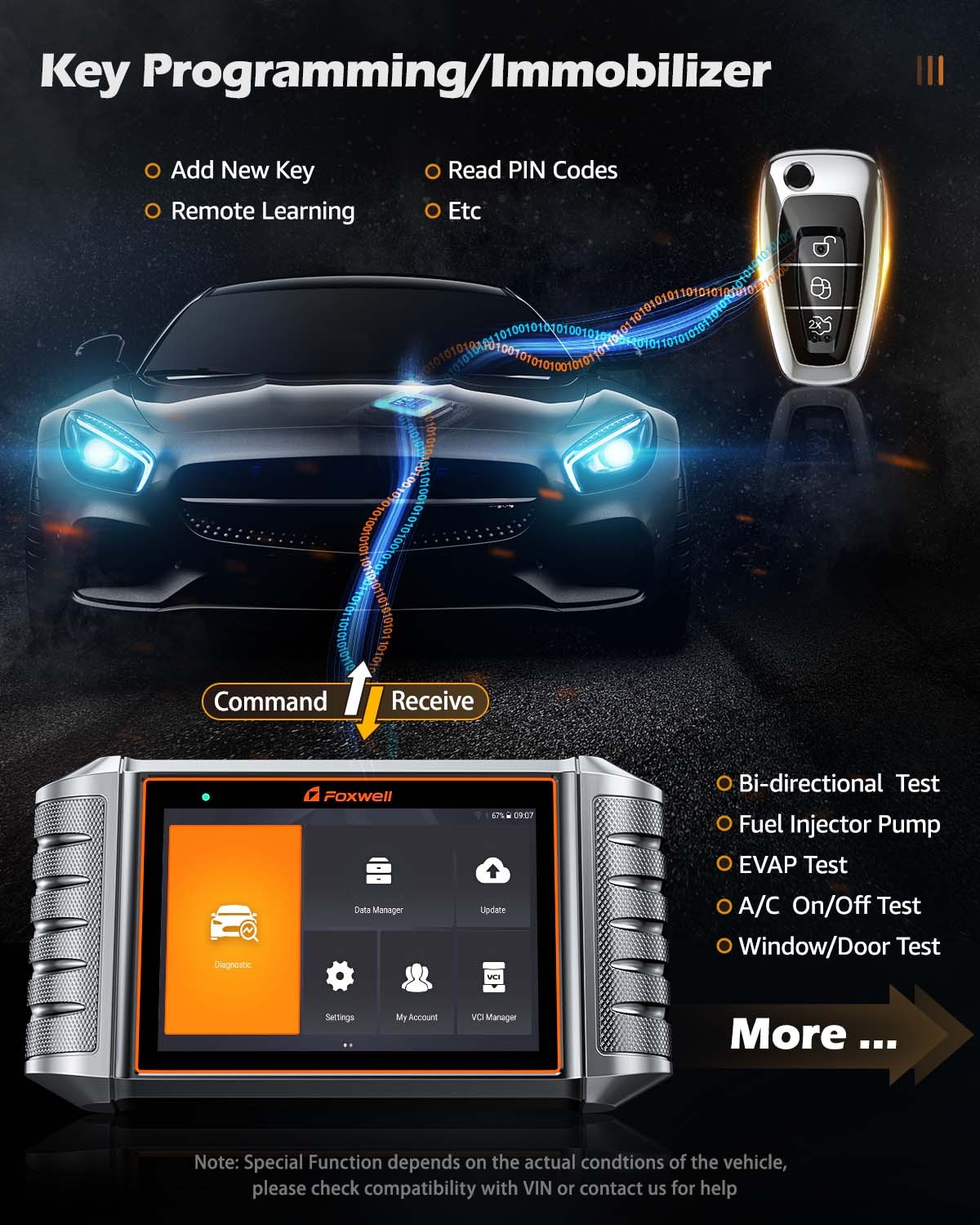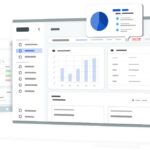OBD2 scanners have revolutionized car maintenance, providing crucial insights into vehicle health and preventing costly repairs. Scanners equipped with Anti-lock Braking System (ABS) and Supplemental Restraint System (SRS) diagnostics, often referred to as Obd2 Srs Abs scanners, are particularly valuable for ensuring safety.
Understanding OBD2 SRS ABS: A Deep Dive
An OBD2 SRS ABS scanner connects to your car’s OBD2 port, acting as a direct line to its computer system. This allows you to access data related to engine performance, emissions, and critically, the functionality of ABS and SRS systems.
Importance of ABS and SRS Diagnostics
ABS prevents wheel lockup during hard braking, maintaining steering control and preventing skids. SRS encompasses passive safety features like airbags and seatbelt pretensioners, vital for mitigating injuries during collisions. OBD2 SRS ABS scanners can pinpoint issues within these systems before they become serious safety hazards.
Choosing the Right OBD2 SRS ABS Scanner: Key Considerations
Selecting the right scanner is crucial. Here are factors to consider:
Vehicle Compatibility
While OBD2 standardization ensures broad compatibility, not all scanners access ABS and SRS data equally. Some require specific software or adaptors for certain car makes and models. Always verify compatibility before purchasing.
User Interface and Functionality
Look for an intuitive interface with a clear display (LED or touchscreen). Features like live data feeds, trouble code definitions, and troubleshooting tips enhance usability, especially for DIY enthusiasts. Advanced features like bi-directional control and system bleeding capabilities are essential for professional mechanics.
Data Accuracy
Accurate data reading is paramount for effective diagnostics. High-quality OBD2 SRS ABS scanners provide precise readings, enabling accurate identification of issues and informed repair decisions.
Connectivity
Basic scanners use wired connections, while advanced models offer Bluetooth or Wi-Fi connectivity, allowing for wireless data transfer and remote diagnostics. This is particularly useful for professionals who need to monitor vehicle data while performing other tasks.
ABS and SRS System Overview
Anti-lock Braking System (ABS)
ABS uses wheel speed sensors to monitor and modulate brake pressure, preventing wheel lockup during sudden braking. This maintains steering control and reduces stopping distances on slippery surfaces.
Supplemental Restraint System (SRS)
SRS encompasses a network of safety components designed to minimize injury during a collision. Key components include airbags, seatbelt pretensioners, and impact sensors.
How OBD2 SRS ABS Scanners Work
OBD2 SRS ABS scanners communicate with the vehicle’s onboard computer, retrieving diagnostic trouble codes (DTCs) stored by the ABS and SRS modules. These codes pinpoint specific malfunctions, enabling targeted troubleshooting and repairs. Advanced scanners can also perform real-time monitoring of sensor data and activate components for testing purposes. Features like bi-directional control allow mechanics to command specific actions within the system for in-depth analysis. Some even facilitate system bleeding and calibration procedures after component repairs.
Legal and Safety Considerations
Using OBD2 scanners requires adhering to safety guidelines and regulations. Always consult the manufacturer’s instructions before connecting or disconnecting the scanner. Ensure the ignition is off to prevent damage to the vehicle’s electronic systems. OBD2 scanners must comply with regulations set forth by organizations like the Environmental Protection Agency (EPA) to ensure they do not interfere with vehicle operation or emissions systems.
Conclusion
An OBD2 SRS ABS scanner is a powerful tool for ensuring vehicle safety and preventing costly repairs. By providing access to critical data about ABS and SRS functionality, these scanners empower car owners and mechanics to identify and address potential issues proactively. Choosing the right scanner with the necessary features and compatibility ensures optimal performance and peace of mind.
FAQs
How Often Should I Use an OBD2 SRS ABS Scanner?
Regular checks, especially before long trips or when warning lights illuminate, are recommended.
Are OBD2 SRS ABS Scanners Universal?
While OBD2 ports are standardized, ABS and SRS system access varies. Always confirm compatibility with your specific vehicle make and model.
What If My Scanner Detects a Fault?
Consult a qualified mechanic for professional diagnosis and repair if your scanner detects a fault in the ABS or SRS system. These systems are critical for safety and should be addressed promptly by a trained professional.

